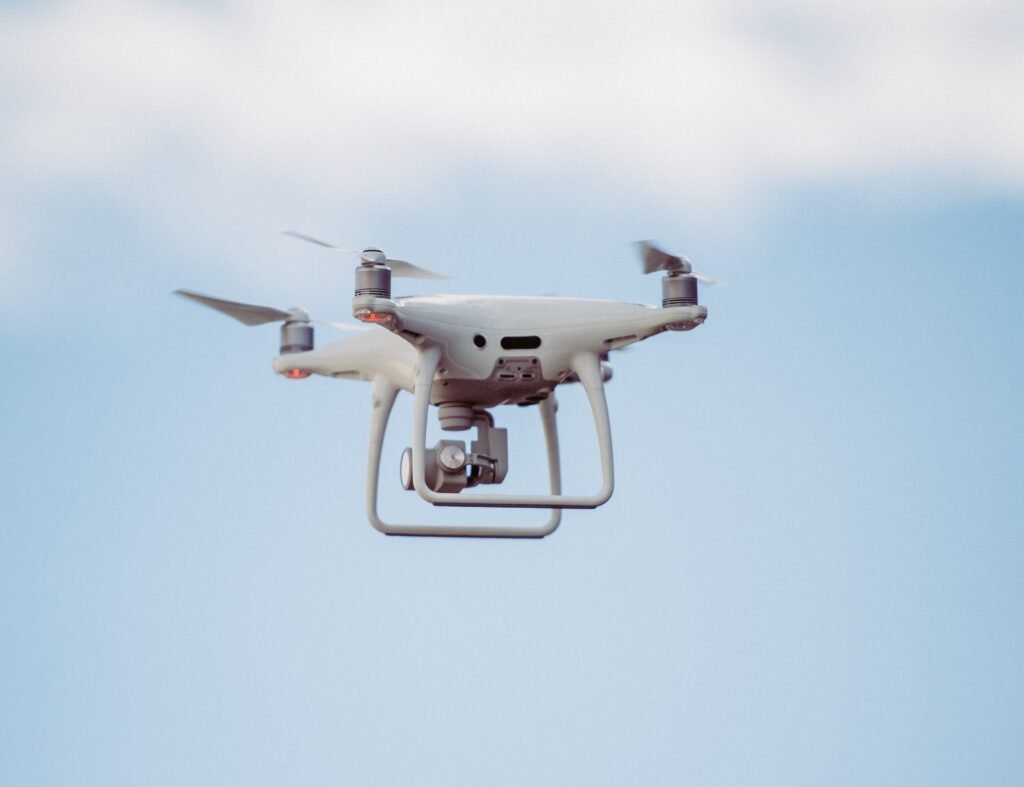In an era of rapidly advancing technology, artificial intelligence (AI) has become an integral part of our lives. However, with this growth comes the need for effective governance and regulation. The question arises: Is a global approach to AI governance possible? This topic will be explored in the upcoming AI Governance Summit, presented by Forum Europe and Euronews. The conference aims to address the challenges of AI governance and explore the potential for global regulatory cooperation. With the increasing importance of AI in various sectors, this event promises to shed light on the potential for a unified approach to AI governance. Stay tuned for insights and discussions from experts in the field as they come together to tackle this pressing issue.

Advancing AI Governance: Is A Global Approach Possible?
Artificial Intelligence (AI) has emerged as one of the most transformative technologies of our time, with the potential to revolutionize industries and improve the quality of our lives. However, as AI continues to advance and become more integrated into society, the need for effective governance becomes paramount. AI governance refers to the rules, policies, and frameworks that govern the development, deployment, and use of AI systems. It encompasses various aspects, including ethics, transparency, accountability, and the protection of human rights.
Understanding AI Governance
AI governance is a multidimensional concept that requires a holistic approach to address the complex challenges associated with AI. It involves a combination of legal, regulatory, and ethical considerations that aim to strike a balance between promoting innovation and protecting the interests of individuals and society as a whole. The key objectives of AI governance include ensuring fairness and accountability in AI decision-making processes, promoting transparency and explainability, addressing biases and discriminatory practices, protecting privacy and data security, and fostering public trust and confidence in AI technologies.
The Importance of a Global Approach to AI Governance
As AI technologies continue to evolve and transcend national boundaries, it is crucial to adopt a global approach to AI governance. A global approach recognizes the interconnectedness of AI systems and the need for international cooperation and collaboration to address common challenges. It enables countries to share best practices, learn from each other’s experiences, and develop common standards and guidelines that can be universally applied. By adopting a global approach, we can avoid a patchwork of conflicting regulations and ensure a level playing field for AI development and deployment.
Moreover, a global approach to AI governance allows for better coordination in addressing the ethical and societal implications of AI. Many of the challenges associated with AI, such as algorithmic bias, discriminatory practices, and the impact on labor markets, transcend national borders and require collective action. By working together, countries can pool their resources and expertise to develop shared frameworks and policies that protect the rights and interests of individuals while fostering innovation and economic growth.
Challenges in Achieving Global AI Governance
While the idea of a global approach to AI governance holds great promise, there are several challenges that need to be overcome. These challenges include:
1. Legal and Regulatory Frameworks
One of the primary challenges in achieving global AI governance is the lack of harmonized legal and regulatory frameworks. Each country has its own laws and regulations governing AI, which can lead to inconsistencies and conflicts between different jurisdictions. This can create legal uncertainty for AI developers and hinder cross-border collaboration and innovation. To overcome this challenge, countries need to work together to develop common legal and regulatory frameworks that provide a clear and predictable environment for AI development and deployment.
1.1 National Laws and Regulations
National laws and regulations play a crucial role in shaping the governance of AI within a country. However, the lack of alignment between national laws can create challenges in achieving global AI governance. For example, one country may have strict regulations governing the use of AI in healthcare, while another country may have more relaxed regulations. This can create disparities and inequities in access to AI technologies and hinder international collaboration.
1.2 Discrepancies between Countries
Another challenge in achieving global AI governance is the discrepancies between countries in terms of infrastructure, resources, and capabilities. Developing countries may face significant challenges in implementing robust AI governance frameworks due to limited resources and capacity. Therefore, it is essential to ensure that the global approach to AI governance takes into account the specific needs and circumstances of different countries and provides support for capacity building and technical assistance where needed.
1.3 Harmonization and Standardization
Harmonization and standardization of AI governance are crucial for achieving interoperability and compatibility between different systems and applications. However, developing common standards and guidelines that can be universally adopted is a complex and challenging task. It requires consensus-building among different stakeholders, including governments, industry, academia, and civil society. The development of international norms and standards should be based on a multidisciplinary and inclusive approach, taking into account diverse perspectives and ensuring representation from all relevant stakeholders.

Conclusion
In conclusion, advancing AI governance requires a global approach that addresses the complex challenges associated with AI technology. A global approach enables countries to collaborate, share best practices, and develop common frameworks and standards that can be universally applied. However, achieving global AI governance is not without its challenges. Harmonizing legal and regulatory frameworks, addressing discrepancies between countries, and promoting harmonization and standardization are key areas that need to be addressed. By overcoming these challenges and adopting a global approach to AI governance, we can ensure that AI technologies are developed and deployed in a manner that is responsible, ethical, and beneficial to all of humanity.



